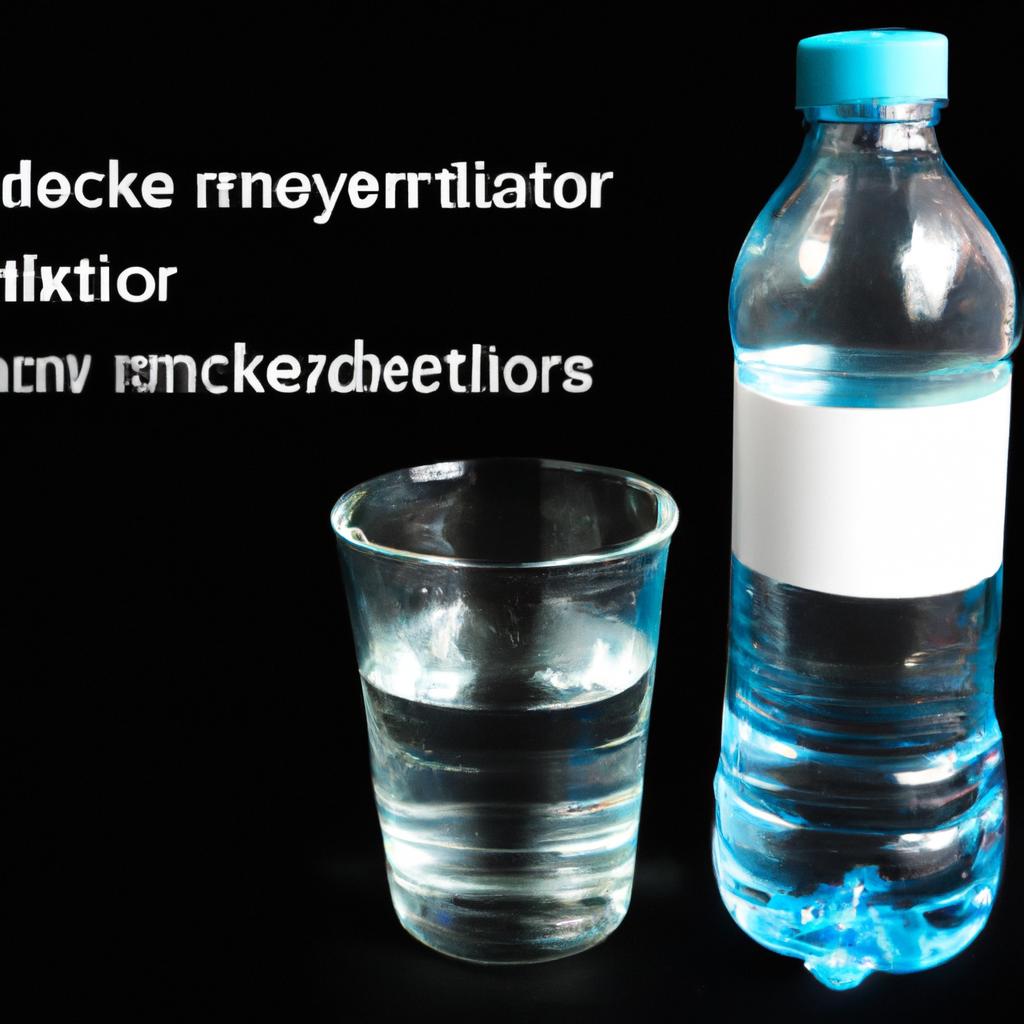The Role of Hydration in Muscle Recovery: Understanding Electrolyte Balance for Optimal Post-Workout Replenishment
# The Role of Hydration in Muscle Recovery: Understanding Electrolyte Balance for Optimal Post-Workout Replenishment
Hydration plays a critical role in muscle recovery, yet it is often overlooked in favor of macronutrients like protein and carbohydrates. While these nutrients are essential for rebuilding muscle tissue, the importance of maintaining proper hydration and electrolyte balance cannot be understated. This blog post will explore the connection between hydration, muscle recovery, and electrolyte balance, providing you with valuable nutrition tips, exercise advice, and the health benefits of optimal hydration.
## The Importance of Hydration in Muscle Recovery
### Why Hydration Matters
Water is essential for numerous bodily functions, including nutrient transport, temperature regulation, and joint lubrication. When you exercise, your body loses fluids through sweat, leading to dehydration if not replenished. Dehydration can impair muscle recovery, decrease performance, and increase the risk of injury. Therefore, maintaining hydration before, during, and after workouts is crucial for optimal muscle recovery.
### The Role of Electrolytes
Electrolytes, such as sodium, potassium, calcium, and magnesium, are minerals that carry an electric charge and play a vital role in muscle function. They help regulate fluid balance, nerve signaling, and muscle contractions. During intense workouts, you lose electrolytes through sweat, which can lead to imbalances that may hinder recovery. Understanding and maintaining your electrolyte levels can enhance your post-workout replenishment and overall well-being.
## Nutrition Tips for Optimal Post-Workout Hydration
1. **Drink Water Before, During, and After Exercise**: Aim to start your workout hydrated. Drink water throughout your session and replenish after exercising. A good rule of thumb is to drink 16-20 ounces of water for every pound lost during exercise.
2. **Include Electrolyte-Rich Foods**: Incorporate foods like bananas, avocados, spinach, and yogurt into your post-workout meals. These foods are rich in potassium, magnesium, and calcium, helping to restore electrolyte balance.
3. **Consider Electrolyte Drinks**: If you engage in prolonged or intense workouts, consider sports drinks or electrolyte powders. Look for options with a balanced ratio of sodium and potassium, and avoid those with excessive sugars.
4. **Monitor Your Urine Color**: A simple way to assess hydration is by checking the color of your urine. Pale yellow indicates good hydration, while dark yellow suggests dehydration. Adjust your fluid intake accordingly.
## Exercise Advice for Staying Hydrated
### Pre-Workout Hydration
Hydration should begin well before you hit the gym. Aim to drink at least 16-20 ounces of water 2-3 hours prior to exercising. This ensures your body is adequately prepared for the physical demands ahead.
### During Your Workout
For workouts lasting longer than an hour, consider consuming electrolyte beverages. Aim to drink 7-10 ounces every 10-20 minutes, especially in hot or humid conditions. This will help maintain your energy levels and prevent dehydration.
### Post-Workout Recovery
After exercising, focus on replenishing lost fluids and electrolytes. Ideally, consume a combination of water and an electrolyte-rich drink within 30 minutes of finishing your workout. This is the optimal time for your body to recover and restore balance.
## Health Benefits of Proper Hydration and Electrolyte Balance
1. **Enhanced Muscle Recovery**: Adequate hydration and electrolyte balance reduce muscle soreness and stiffness, facilitating quicker recovery times.
2. **Improved Performance**: Staying hydrated helps maintain energy levels and endurance during workouts, enabling you to perform at your best.
3. **Reduced Risk of Injury**: Proper hydration enhances joint lubrication and muscle function, significantly lowering the risk of cramps and strains.
4. **Boosted Immune Function**: Hydration supports overall health, including immune function, which can be compromised after intense physical activity.
5. **Better Mood and Cognitive Function**: Hydration is linked to improved mood and cognitive function, as dehydration can lead to fatigue, irritability, and decreased concentration.
## Conclusion
Hydration and electrolyte balance are fundamental components of effective muscle recovery. By prioritizing hydration before, during, and after workouts, and by incorporating electrolyte-rich foods and drinks, you can enhance your recovery process, improve exercise performance, and support your overall health. Remember, optimal hydration is not just about drinking water; it’s about maintaining a delicate balance that keeps your body functioning at its best. Embrace these















Post Comment